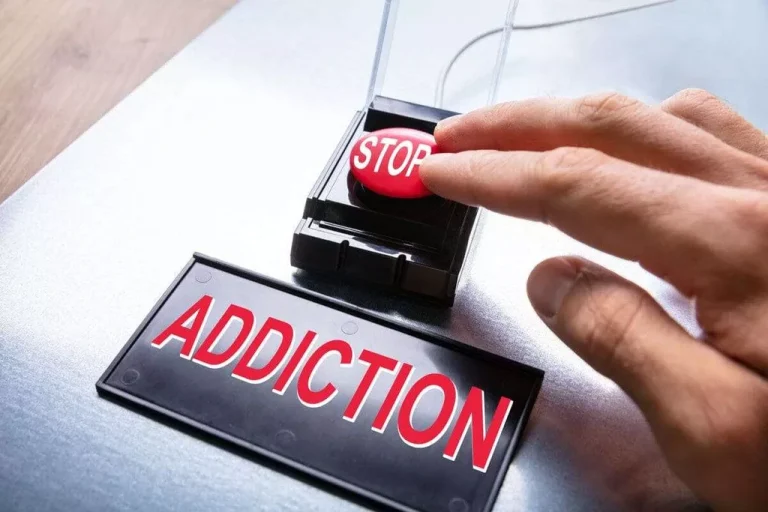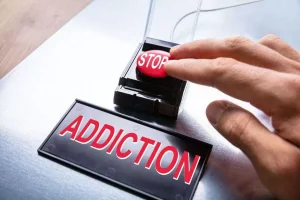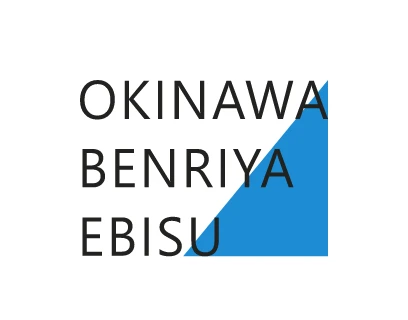
TOPIC
トピック
- ホーム
-
Relapse prevention plan: Tips for recovery

2023.10.13
Relapse prevention plan: Tips for recovery

Reviews and meta-analyses7–12 show evidence for effectiveness relative to no-treatment control conditions. This relapse prevention plan is a tool to help you maintain your recovery journey. It is designed to help you identify relapse prevention plan your triggers, warning signs, and coping strategies.
Emphasizing Emotional Awareness (HALT)

A relapse prevention plan is a strategy that helps individuals recovering from addiction to anticipate and avoid triggers that could lead to a return to substance use. Recognizing and responding to early warning signs work because it allows individuals to identify their triggers and stressors before they become too overwhelming. It involves paying close attention to one’s thoughts, feelings, and behaviors as well as any changes in them. For example, if https://ecosoberhouse.com/article/10-healthy-ways-to-cope-with-stress/ someone with substance use disorder notices that they are feeling more anxious or agitated than usual, that may be a sign that they are at risk of relapsing. Recognizing and responding to early warning signs is an essential step towards preventing relapse.
Understanding Relapse
Triggers can be internal, such as emotions and thoughts, or external, such as people, places, and situations. It’s essential to identify these common causes to develop a relapse prevention plan that addresses each one properly. It would also help to consider additional factors like nutrition and exercise habits as they play an essential role in recovery. According to Mental Health America (MHA), up to 60% of individuals with substance use disorders will experience at least one episode of relapse.

Example Of A Relapse Prevention Plan
- Not all situations can be avoided, so it’s important to plan for those that present a high risk of relapse.
- By implementing a relapse prevention plan, individuals can take an active role in their recovery, empowering themselves to effectively manage their triggers and warning signs.
- It is important to clearly articulate your reasons for wanting to stay sober and the goals you hope to achieve.
- If a lapse or relapse occurs, the patient should be encouraged and guided by the clinician to explore the relapse itself and the circumstances surrounding it, including any early warning signs of relapse.
The National Institute on Drug Abuse says newer treatments are designed to help with relapse prevention.1 Some people using these therapies don’t return to drugs. 1 To prevent relapse it can be helpful to have a plan, recognize when old patterns or triggers come up, and learn how to manage them. In this section, you will outline your personal commitment to maintaining your sobriety. It is important to clearly articulate your reasons for wanting to stay sober and the goals you hope to achieve.

The Devastating Long-Term Effects of Methamphetamine Addiction

A relapse prevention plan is an essential tool for individuals seeking to maintain their recovery from addiction. It helps identify potential triggers and warning signs, develop coping strategies, and build a support network. By incorporating these key elements into your relapse prevention plan, you can increase your chances of long-term success. Core strategies in RP include cognitive-behavioral techniques, mindfulness-based approaches, and coping skills training.







